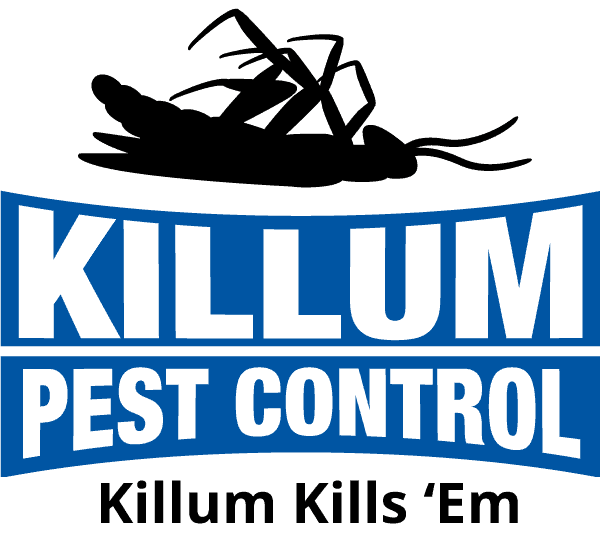In the highly competitive hotel industry, every detail matters to ensure a positive and memorable guest experience. Among these details, maintaining a clean, pest-free environment is of paramount importance. Pest infestations can lead to detrimental consequences for your hotel’s reputation and revenue, as well as potential health risks for guests and staff. As such, hoteliers must be proactive in addressing pest control challenges, with particular attention to the diverse climate and ecological conditions in Texas that may pose unique challenges.
By following the best practices outlined in this guide, hotel owners and managers can effectively safeguard their establishments from the costly consequences of pest infestations, allowing them to focus on delivering an exceptional guest experience that sets them apart from their competitors.
Common Pests in Texas Hotels: Identifying Potential Invaders
To effectively protect your hotel from pest infestations, it’s crucial to be familiar with the most common pests encountered in Texas hotels and their associated risks:
- Bed Bugs: These notorious hitchhikers can quickly infest hotel rooms, causing discomfort for guests and severe damage to your hotel’s reputation. Watch for signs of bed bug activity, such as tiny reddish-brown exoskeletons, minuscule fecal spots, or live insects in mattress seams and other hiding spots.
- Rodents: Mice and rats can transmit diseases, contaminate food, and damage property, undermining your hotel’s cleanliness and safety standards. Monitor for evidence of rodent presence, such as droppings, gnaw marks, or nests.
- Cockroaches: These resilient pests can spread bacteria and allergens, ultimately posing a threat to guest health and well-being. Maintain vigilance for indicators of cockroach activity, including droppings, shed skins, or foul odors.
Strategies for Pest Prevention: Creating an Uninviting Environment
Developing and implementing effective pest prevention strategies is the cornerstone of maintaining a pest-free hotel:
- Sanitation: Regularly clean and sanitize guest rooms, common areas, and food service facilities to eliminate food sources and debris that may attract pests. Train staff to promptly report any signs of infestations or potential pest risks.
- Maintenance: Routinely inspect and repair any building defects that provide entry points or harborages for pests, such as damaged screens, cracks in walls, or faulty door seals. Ensure that plumbing and ventilation systems are well-maintained to prevent moisture accumulation.
- Landscaping: Effectively manage your hotel’s outdoor spaces by installing pest-resistant plants, trimming overgrown vegetation, and maintaining a clean, well-drained property. Remove potential harborage sites for pests, like leaf litter or standing water.
- Exclusion Methods: Implement structural barriers and deterrents to prevent pests from entering your hotel and establishing a foothold, such as installing door sweeps, sealing gaps around utility lines, and using screens on windows.
Implementing Integrated Pest Management (IPM): Comprehensive Pest Control Solutions
Embrace a proactive, comprehensive approach to pest control by incorporating Integrated Pest Management (IPM) strategies in your hotel:
- Inspections and Monitoring: Regularly inspect your hotel for any signs of pest activity and implement a monitoring program using traps or bait stations. This approach will enable early detection of infestations and help track the efficacy of your pest control efforts.
- Targeted Interventions: Apply targeted pest control methods, such as mechanical traps, insect growth regulators, or selective pesticides, when necessary, to eliminate identified infestations. Remember to prioritize environmentally-friendly, minimally invasive control measures.
- Guest and Staff Education: Educate employees and guests about the importance of pest prevention and encourage them to participate in maintaining a pest-free environment. Provide guidelines for luggage storage, personal hygiene, and prompt pest activity reporting.
- Continuous Improvement: Regularly assess and refine your IPM strategies based on the success of your efforts and the evolving needs of your hotel. Stay informed about industry best practices and emerging pest control technologies.
Partnering with a Trusted Pest Control Provider: Leveraging Expert Support
Working with a professional pest control provider like Killum Pest Control, Inc. offers numerous advantages for enhancing your hotel’s pest management approach:
- Customized Pest Management Programs: Collaborate with your pest control provider to develop a tailored pest management plan that considers the unique needs of your hotel and addresses specific pest challenges in a comprehensive manner.
- Expert Knowledge and Experience: Leverage the expertise of pest control professionals who understand the unique challenges faced by hotels and have the necessary experience to effectively address pest problems while adhering to industry regulations.
- Ongoing Support and Maintenance: A pest control provider can offer ongoing support through routine inspections, scheduled maintenance, and prompt response to emerging pest issues, ensuring that your hotel remains pristine and pest-free.
Conclusion
Maintaining a pest-free environment in your hotel is essential for delivering an exceptional guest experience, protecting your establishment’s reputation, and complying with industry regulations. By understanding the common pests that threaten Texas hotels, implementing robust preventive measures, adopting Integrated Pest Management strategies, and partnering with a trusted pest control provider, you can effectively address pest control challenges and safeguard your hotel from the negative impacts of pest infestations.
As a leading provider of residential and commercial pest control services in the Texas Gulf Coast area, Killum Pest Control, Inc. specializes in helping hotels address their unique pest prevention and management needs. Don’t let pests tarnish your hotel’s image or compromise guest satisfaction – contact Killum Pest Control, Inc. today to start protecting your Texas hotel from unwelcome invaders.





